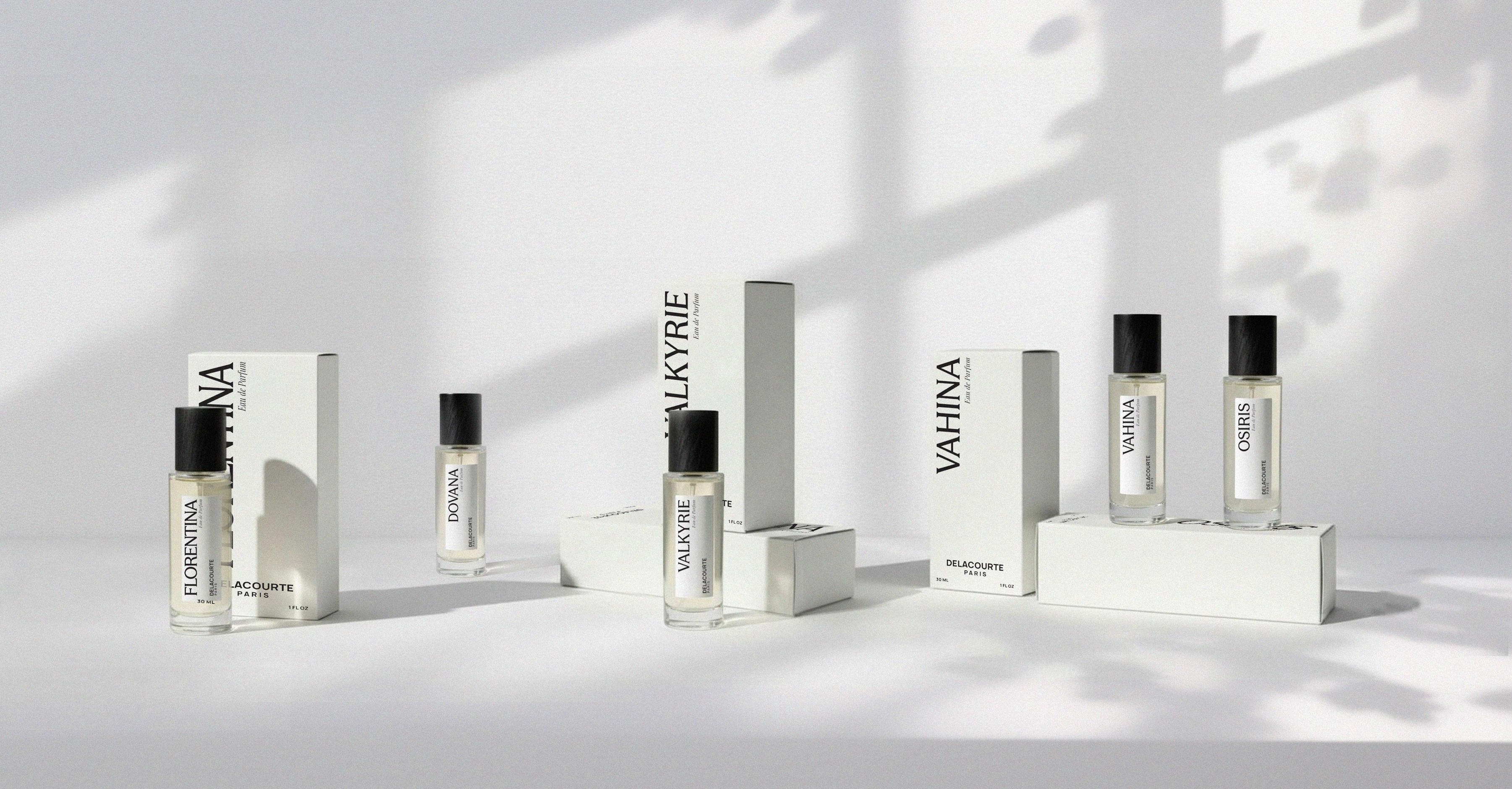Perfume and Skin Type: The Ultimate Guide to Longevity and Chemistry
Dry, oily, or combination skin — your skin type affects how a perfume lasts on your body. But it’s far from the only factor. Many physiological and environmental elements influence how a fragrance interacts with your skin.
Why Perfume Reacts Differently on Each Skin
How a fragrance evolves on your skin depends on a wide range of factors. We can categorize the most important ones into two main groups: Biological Factors (related to your body) and External Influences (related to your lifestyle and environment).
1. Core Biological and Physiological Factors
Skin Hydration and Dry Skin: The Key to Scent Retention
Well-hydrated skin holds fragrance molecules better, as they adhere to the skin’s natural lipids. Dry skin is the enemy of perfume longevity.
To optimize scent retention: Drink at least one liter of water daily and apply an unscented moisturizing cream to your pulse points before spraying. This technique, known as layering, greatly helps your perfume last longer and smell richer.
Skin pH, Perspiration, and Hormones
Your skin’s pH, shaped by the hydrolipidic film (water + sebum), impacts perfume longevity. A balanced pH enhances scent retention, while excessive sweating can distort the scent. Very acidic skin might benefit from perfumes with a higher concentration (20%+).
Hormonal shifts — during menstruation, pregnancy, menopause, or adolescence — can change both your sensitivity to smell and your skin’s chemistry.
Age and Physical Activity
As skin matures, it tends to dehydrate more easily, which naturally reduces perfume longevity. Conversely, active individuals often notice that their perfume projects more than on sedentary lifestyles — thanks to increased skin warmth and circulation.
2. External and Behavioral Influences
Diet and Medications
Your diet can alter your natural body scent. Eating lots of meat, garlic, or onions may shift how a perfume is perceived on your skin.
Certain medications can also change your skin’s chemistry, and therefore alter the way a fragrance smells on you.
Climate, Seasons, and Scent Perception
Fragrance perception changes in humid, dry, or air-conditioned environments. The same scent may smell different in Paris, Dubai, or Tokyo.
The Seasons matter: Summer heat amplifies top notes (top notes), while winter highlights base notes. Your perfume won’t develop the same way depending on the season.
Myth vs. Reality: Gender and Skin Color
Gender and Scent Perception
A “feminine” perfume may smell more masculine on male skin, and vice versa. Fragrance increasingly transcends gender, especially in niche perfumery.
Hair and Skin Color
Old myths linking scents to blondes or brunettes are outdated. There’s no scientific proof that skin color significantly impacts how a perfume develops.
Conclusion: The Unique Chemistry of Scent
If a perfume “turns” on your skin, it simply means it’s not a good match. Like a human relationship, the bond between skin and scent can create incredible chemistry — or none at all. That doesn’t mean the perfume is bad. It just means it wasn’t made for you.
The ultimate rule: Always test a fragrance on your skin for a full day before making your choice.
